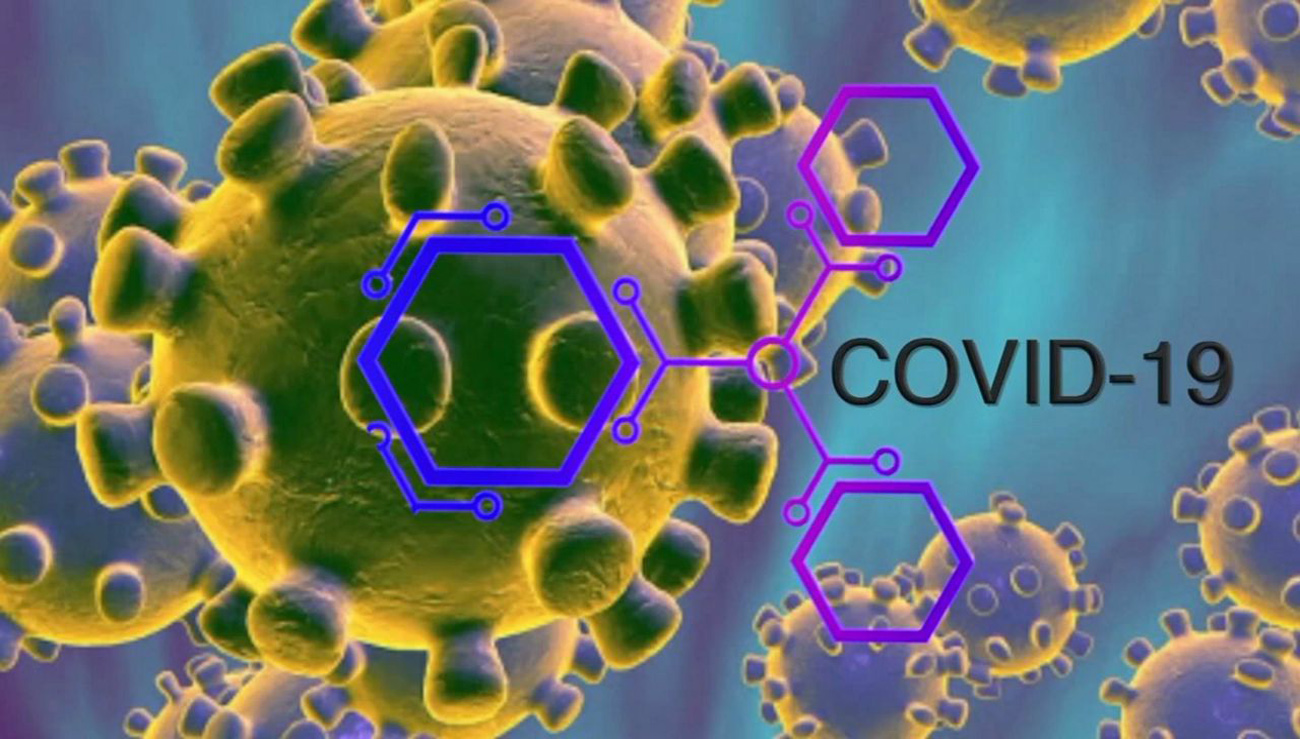
Stability Analysis of Integrated Pest Management with Impulsive Biological Control
Abstract:
The aim of the present work is to study the dynamics of stage-structured pest control model including biological control, i.e. by releasing of natural enemies and infected pests periodically. It is assumed that only immature susceptible pests are attacked by natural enemies admitting Beddington DeAngelis functional response and mature susceptible pests are contacted by infected pests with bilinear incidence rate and become exposed. The sufficient condition for local stability of pest extinction periodic solution is derived by making use of Floquet’s theory and small amplitude perturbation technique. The global attractivity of pest extinction periodic solution is also established by applying comparison principle of impulsive differential equations.
Author(s):
DOI:
Keywords:
References:
Aktar W., Sengupta D., and Chowdhary A. (2009). Impact of pesticides use in agriculture: their benefits and hazards. Interdisciplinary Toxicology, 2(1): 1–12.
Baek H., (2010). A food chain system with holling type IV functional response and impulsive perturbations. Computers & Mathematics with Applications, 60 (5): 1152–1163.
Beddington J. R., (1975). Mutual interference between parasites or predators and its effect on searching efficiency. The Journal of Animal Ecology, 331–340.
Cantrell R. S. and Cosner C. (2001). On the dynamics of predator-prey models with the Beddington-Deangelis functional response. Journal of Mathematical Analysis and Applications, 257(1): 206–222.
DeAngelis D.L., Goldstein R.A., and O’neill R.V., (1975). A model for tropic interaction. Ecology, 56(4):881–892.
Gupta B., Sharma A. and Srivastava S. K. (2017). Local and global stability of impulsive pest management model with biological hybrid control. International Journal of Mathematical Sciences and Engineering Applications, 11 (II):129–141.
Jatav K. S. and Dhar J. (2014). Hybrid approach for pest control with impulsive releasing of natural enemies and chemical pesticides: A plant-pest-natural enemy model. Nonlinear Analysis: Hybrid Systems, vol. 12, 79–92.
Kotchen M.J., (1999). Incorporating resistance in pesticide management: a dynamic regional approach. In Regional Sustainability, 126–135.
Lakshmikantham V., Bainov D.D. and Simeonov P.S. (1989). Theory of impulsive differential equations, volume 6. World Scientific, Singapore.
Mathur K.S. and Dhar J. (2016). Stability and permanence of an eco-epidemiological SEIN model with impulsive biological control. Computational and Applied Mathematics, 1–18.
Negi K. and Gakkhar S. (2007). Dynamics in a Beddington-Deangelis prey-predator system with impulsive harvesting. Ecological Modelling, 206 (3):421–430.
Shi R. and Chen L., (2007) Stage-structured impulsive SI model for pest management. Discrete Dynamics in Nature and Society.
Wang S. and Huang Q. (2015). Bifurcation of nontrivial periodic solutions for a Beddington-Deangelis interference model with impulsive biological control. Applied Mathematical Modelling, 39 (5): 1470–1479.
Wang X. and Song X., (2010). Analysis of an impulsive pest management SEI model with nonlinear incidence rate. Computational & Applied Mathematics, 29(1): 1–17.
Xiang Z., Li Y., and Song X. (2009). Dynamic analysis of a pest management SEI model with saturation incidence concerning impulsive control strategy. Nonlinear Analysis: Real World Applications, 10 (4): 2335–2345.
Yu H., Zhong S., and Agarwal R.P. (2011). Mathematics analysis and chaos in an ecological model with an impulsive control strategy. Communications in Nonlinear Science and Numerical Simulation, 16(2): 776–786.




